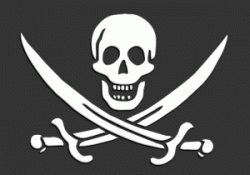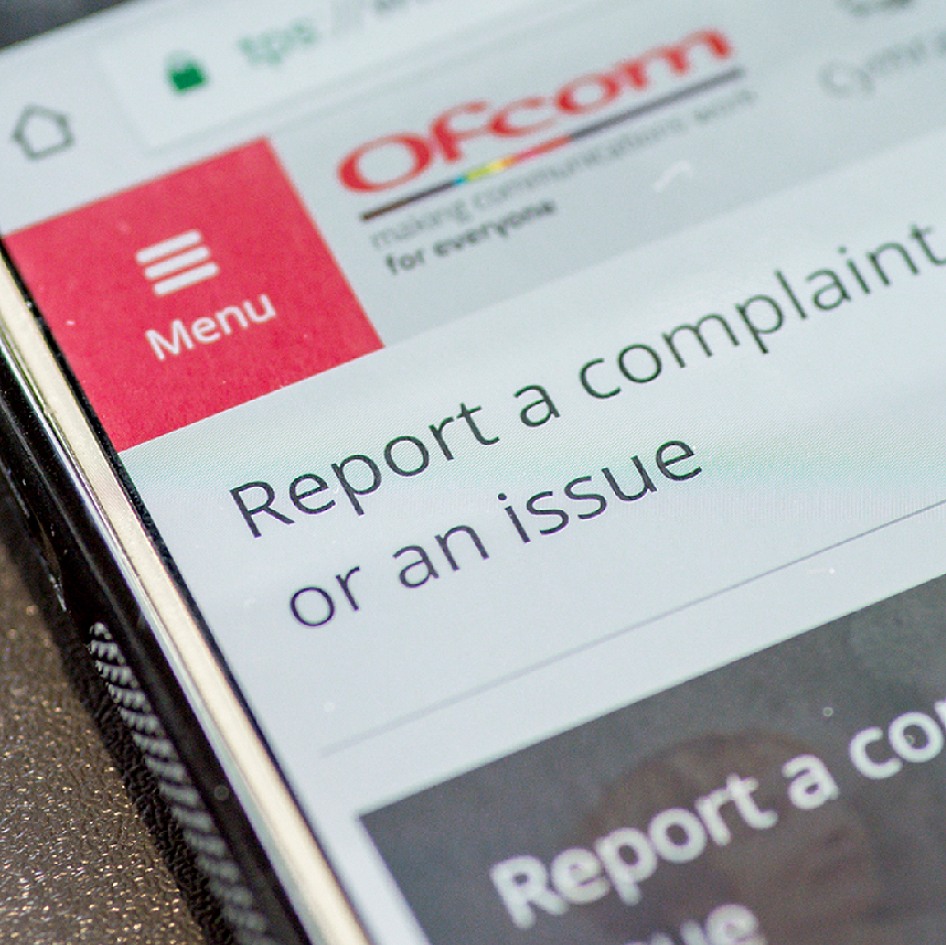UK MPs Demand Prison Sentences for Repeat Internet Pirates

A debate on the United Kingdom’s Intellectual Property Bill has caused controversy after several MPs and the Prime Minister’s own Intellectual Property Advisor, Mike Weatherley (Conservative MP for Hove and Portslade), backed calls for persistent pirates to lose their “Internet rights” and suffer “some sort of custodial sentence“.
It’s not the first time that Weatherley, whom has a somewhat less than impartial history (here), has called for tougher measures to tackle Internet copyright infringement. Only last month he threatened fresh legislation against broadband ISPs that “knowingly facilitate illegal downloading practices” and which do not take steps to stop it.
Now for the first time we’re getting an idea of just how far he’s willing to go, which could include locking up children that might never have been able to afford what they’ve downloaded in the first place and removing Internet access rights (disconnection) from all those whom share the same broadband connection. Of course not everybody agreed with Weatherley’s position.
Helen Goodman, British Labour MP, said:
“It is important that we distinguish between 14-year-olds in their bedrooms downloading two or three Justin Bieber tracks onto an iPod and people who make multi-billion pound businesses out of providing illegal material. It is not right to treat the two groups in the same way.”
But Weatherley wasn’t having any of this common sense lark and, as reported on TorrentFreak, promptly replied, “If we exhaust fines and other means of stopping persons downloading illegally, we must consider some sort of custodial sentence for persistent offenders” (isn’t it technically unlawful rather than illegal when money isn’t involved?). A proposal for a maximum sentence of 10 years was mooted, albeit mostly but not explicitly for commercial crimes.
Ironically similar arguments were recorded just before the last General Election in May 2010, which resulted in the heavily criticised Digital Economy Act (DEAct) being rushed through during the wash-up process; much to the dismay of more than a few opponents. Hopefully we won’t see a repeat of that situation before next year’s election.
So far the DEAct’s system of ISP based Warning Letters has yet to be introduced and the first notifications aren’t due to be sent until late 2015 or possibly even 2016 (here). In the meantime Rights Holders have had to settle for website blocking, which is easily circumvented and often only serves to promote the top sources of piracy.
Weatherley also called for a number of measures, which have also been proposed before, that make more sense than locking up teenagers. For example, he wants to stop advertising payments to websites that clearly facilitate Internet piracy (sensible). But he also wants to make Google and other Internet search engines accountable for linking to criminal piracy sites, which is more difficult to tackle.
Needless to say that giving people a criminal record for non-commercial piracy might not be the best approach, especially given the difficulty of actually being able to identify the guilty party. On a shared connection it’s only the bill payer whom takes the heat and that could be an entire hotel chain, father in a family home or school network etc.
The bill initially wasn’t going to tread where the DEAct has gone before but it’s starting to look as if the old battle lines from 2008-2010 are resurfacing. Albert Einstein once said, insanity is doing the same thing over and over again and expecting different results.
Mark is a professional technology writer, IT consultant and computer engineer from Dorset (England), he also founded ISPreview in 1999 and enjoys analysing the latest telecoms and broadband developments. Find me on X (Twitter), Mastodon, Facebook and Linkedin.
« Arieso Claim 0.1% of 4G Mobile Broadband Users Gobble Half of All Data
Latest UK ISP News
- FTTP (5513)
- BT (3514)
- Politics (2535)
- Openreach (2297)
- Business (2261)
- Building Digital UK (2243)
- FTTC (2043)
- Mobile Broadband (1972)
- Statistics (1788)
- 4G (1663)
- Virgin Media (1619)
- Ofcom Regulation (1460)
- Fibre Optic (1394)
- Wireless Internet (1389)
- FTTH (1381)





























































Comments are closed